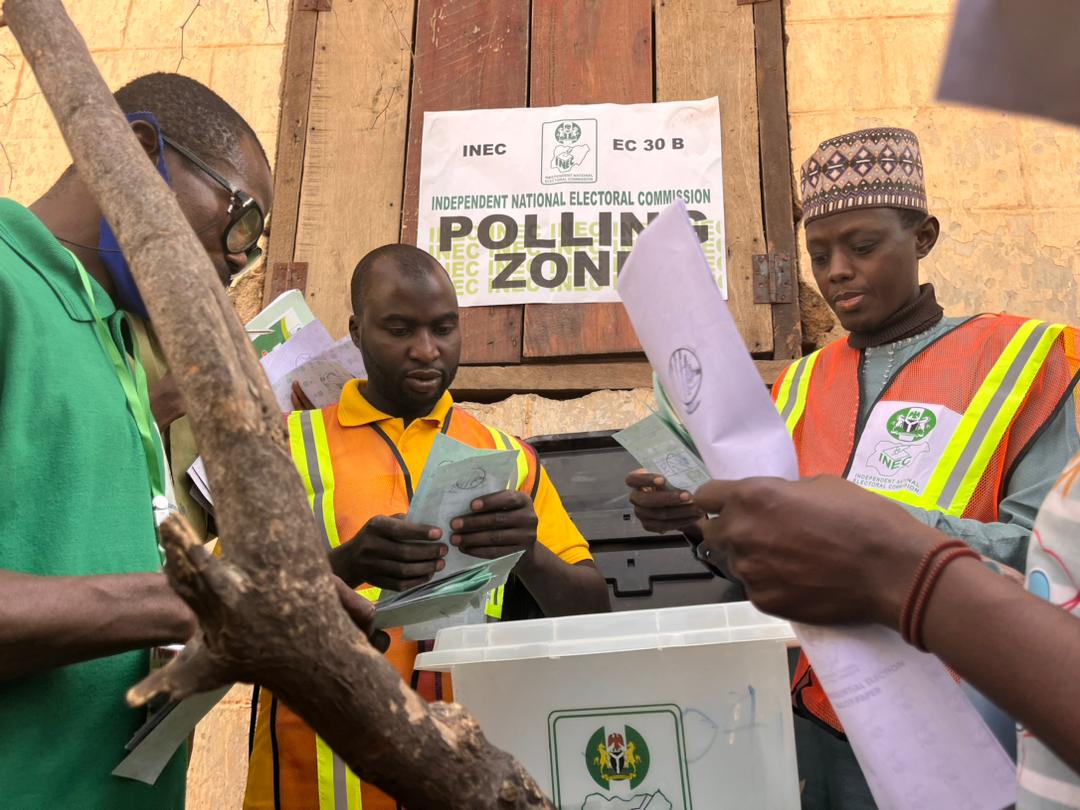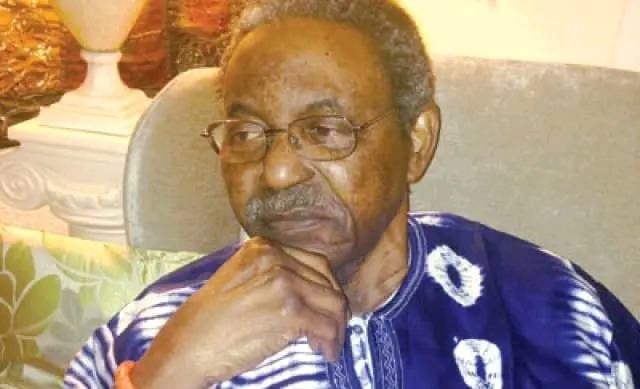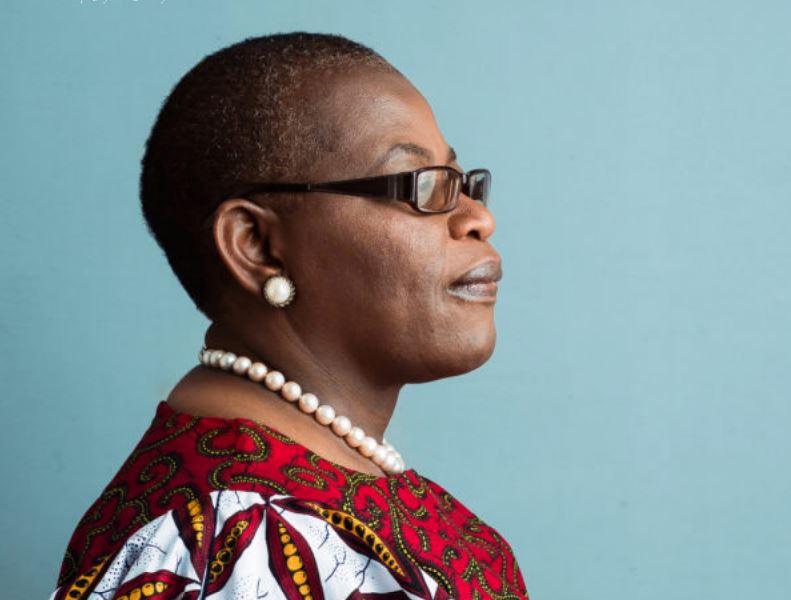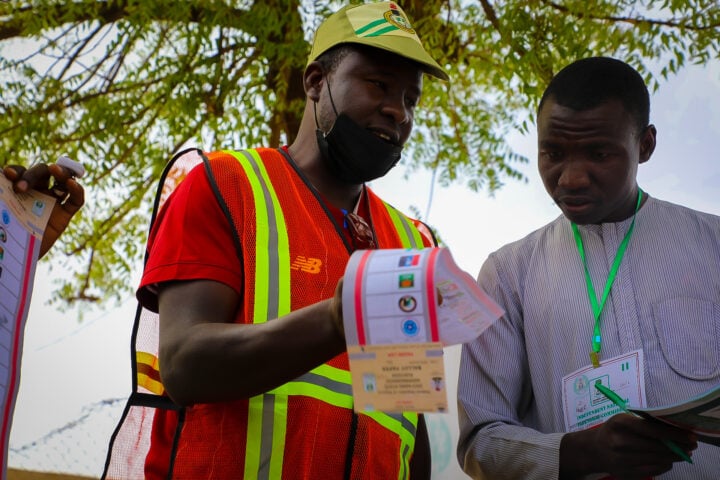Election remains the most scientific method of leadership selection/appointment, ever devised by mankind, provided its process is transparent, free, fair, and credible. Having a transparent, free, fair, and credible election has a lot to do with the independence, and incorruptibility of the electoral body, and its officials respectively. This is in addition to making adequate provisions for the needed materials, and the required logistics to conduct the exercise. All these are necessary because it is one of the pillars that hold any democracy, anywhere in the world. It is that serious a business.
To the liberal-minded, the outcome of an election is not as important as its process. It is the credibility, or otherwise, of the process that determines whether it would be acceptable, or not, to stakeholders, at least, the majority of them. That acceptability by the majority is what confers an unassailable legitimacy on whatever anyone who emerges as a leader or representative through the process does, as an occupant of any public office.
Meanwhile, it is imperative to note that there is no (100%) perfect electoral system, anywhere in the world. Not even in more advanced democracies in the West (Europe and America). Each and every one of those countries subjects its electoral process to frequent review, with a view to further improving it. So, it is not out of place to expect Nigeria’s electoral process which stakeholders often refer to as “nascent” to be reviewed occasionally at the level of the national assembly. To this end, promises by successive presidents, since the beginning of the current democratic dispensation, have been made to improve our electoral system. This has been accompanied by injections of humongous financial resources into the system during every election cycle as a result of, either proposal by the electoral body itself, or as stipulated in the electoral law. This is always to ensure a smooth conduct of the exercise.
As a matter of fact, what some people in Nigeria understand to be politics is deceit, not keeping to terms of the agreement, double-speaking, and graft, among other phenomena that are antitheses to the concept of “a gentleman”. So, its practitioners (politicians) are seen as no more than conmen. This perception is due to no fault of theirs. It was born out of their not-too-palatable experience in the hands of most politicians. I, for instance, am someone who rarely takes seriously any promise made by Nigerian politicians due to their abysmal track records in the business of repudiating verbal, (and even, written) agreements/promises made to the people. But when late, President Umaru-Musa Yar’Adua, a perfect gentleman, publicly admitted to the fact that the election that brought him to office on the 29th of May 2007 “was not perfect” (fraught with irregularities), and promised to rework the system, with a view to improving it, I took it with a pinch of salt. His untimely death, however, put paid to every hope that he might be the heaven-sent messiah that would give us an improved electoral system. When President Muhammadu Buhari assumed office as a civilian president, he also promised to leave behind, a legacy of a “better electoral system”, than the one he inherited, by the time he leaves office on May 29, 2023. And in fairness to “Baba ń Yusuf”, he has ensured that the Independent National Electoral Commission (INEC) is not starved of funds with which to execute any of its plans, thereby, bringing about progressive improvement in the system, no matter how marginal, since he came to office about eight years ago.
Advertisement
Much water has passed under the bridge since he took over on May 29, 2015. Through legislative intervention, the Electoral Act has been tinkered with a couple of times before the last one that culminated in the Electoral Act 2022. Under the Buhari administration, attempts have been made by way of the introduction of some electro-mechanical devices, like data capturing machines (DCM), card readers, and recently, Bimodal Voter Accreditation System (BVAS), to strengthen the system. But these are innovations that were able to solve only a fraction of the problems, as they can only guide against manipulation of figures and over-voting. Remember, those devices are still going to be operated by human beings, who are vulnerable to so many factors that could undermine the integrity of the election. That is how far technology can go. No device, for instance, can eradicate vote-buying, political thuggery, among other electoral vices. These are recurring decimals in our electoral processes that electro-mechanical devices can do virtually nothing about. While the introduction of devices might not be able to eradicate the above human actions, it renders ineffectual, or at least, reduces the supposed impacts of those actions on the credibility of the election.
By and large, if efforts made at automating our electoral system to an extent is anything to go by, the Buhari administration should be rated above average. This is because solving such institutionalised problems like the acts of corruption by some critical stakeholders requires as much sociological approach as it does, buying equipment to automate the process. That is why, the tragicomedy that took place in Adamawa state on Sunday, April 16, 2023, where the “resident electoral commissioner” (REC), Mr. Hudu Yunusa-Ari, instead of the “Returning Officer”, Professor Muhammad Mele, announced the result, a day after the completion of the supplementary gubernatorial election, which took place on Saturday, March 15, 2023, by declaring Senator Aishat Binani of the All Progressives Congress (APC), who was trailing (the incumbent) Governor Ahmadu Fintiri of the People’s Democratic Party (PDP) by over 30,000 votes as the winner.
It would be recalled that in the gubernatorial election earlier conducted in 28 out of the 36 states of the federation, on March 18, 2023, that of Adamawa and Kebbi states were declared inconclusive. April 15 was, therefore, fixed for a supplementary election in some polling units, across some local government areas where elections were inconclusive in the states. In Adamawa, Yunusa-Ari did not only break the law by usurping the authority of the returning officer but also subverted the result collation process. He fraudulently declared a winner without stating the figures that, commonsensically, should form the basis of the declaration. That is, assuming he was the one empowered by the law to make the announcement, he did not have those figures as they were still being collated at the time he declared a winner. Fortunately for “national sanity”, the electoral law unambiguously stipulates who is to announce the result of an election at every level, and that person is “the returning officer”, and not any other person, no matter how high-ranking such an official might be.
Advertisement
Many stakeholders, especially his employer INEC, and civil society organisations (CSOs) have strongly called on the Inspector-General of Police, Usman Alkali Baba, to arrest and prosecute him. Of course, in a clime where decorum is not an anomaly, that (arresting and prosecuting him) is the irreducible minimum consequence such an offender should be made to face.
For the Adamawa REC, Mr. Hudu Yunusa-Ari, who is a lawyer by training and profession, now reportedly at large, to have willfully broken the law as enshrined in the 2022 Electoral Act, he passes off as a veritable opportunity for President Muhammadu Buhari administration to not only send a memo to any prospective electoral offender that it will be business unusual but also underscore the president’s resolve to leave behind a legacy of an improved electoral system, with zero-tolerance for impunity. That would serve as a strong deterrence to prospective electoral offenders.
As the drama in Adamawa unfolded on Sunday, April 16, 2023, a day after the supplementary election was concluded, I remembered a certain professor, who headed INEC at a point in our recent past, when results were always ready before the elections. I guess he would be, nostalgically grinning with pride, seeing a resuscitation of the electoral legacy for which his reign as an INEC chairman was most notorious – a legacy of “results being ready before elections were conducted”.
Nobody knows, for now, the motivation behind Yunusa-Ari’s (mis)conduct. But whatever his reason is for doing what he did, I am very certain there are dozens of his type still dwelling in the system and all the government needs to do is to ensure that the remnants of those corrupt elements, from this better-forgotten epoch in our democratisation journey, are fished, and flushed out as soon as they show their faces. How can you declare a trailing candidate, (not even the one leading) when some results are still being collated? When and where is it done? Who does that? Unfortunately, Yunusa-Ari is a sad reminder of our past, especially the misty, early morning of the fourth republic.
Advertisement
Nevertheless, it is a perfect opportunity for the outgoing president to send a “strong-and-clear-enough memo” to Nigerians that he meant every word when he said he intends to leave behind, an electoral system that is better than the one that brought him into office. Nigeria must be made to work like other sane human societies in the 21st century.
Abubakar writes from Ilorin. He can be reached via 08051388285 or [email protected]
Views expressed by contributors are strictly personal and not of TheCable.







